How to sanitize a car for covid
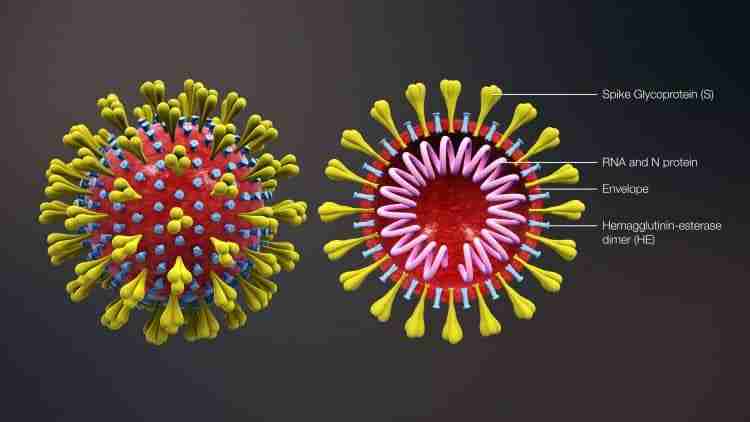
How to sanitize a car for covid?
New evidence indicating that coronavirus can survive on surfaces for up to 24 hours or more depending on the type of surface, point to the need for cleaning and sanitizing surfaces, or even care when handling these household surfaces, even in a car. However, it is not possible to use some of the sanitizer and disinfectant products such as bleach, hydrogen peroxide, or ammonia-based cleaners suggested by the CDC on the surface of your car. They can degrade the car surfaces.
For instance, most of the surfaces of the most significant concern would be the leather seats and trim, most of which are coated in vinyl or clear coat. The coating, as it may already be known, tends to resist strong cleaning agents.
Luckily, most of the household cleaners that can kill coronavirus on household surfaces can also kill it on car surfaces because most of the car surfaces are much more durable than household surfaces.
So what options are there?
A study by the US National Institutes of Health (NIH) shows that the coronavirus can survive for up to 24 hours on a cardboard surface, and up to 2-3 days on plastic and stainless steel surfaces. The virus cannot survive a copper surface for more than 4 hours. The fact that it can survive long on these surfaces requires attention and procedures such as cleaning and sanitizing the surfaces.
Surely, the main way through which coronavirus spreads is not through contact with surfaces where the viruses have been. In fact, according to the Center for Disease Control and Prevention, touching a surface or object with the virus and then touching your face is not the main or one of the main ways the virus is spreading.
The main methods of spreads remain droplets, but also contaminated hands or surfaces also do spread the virus.
What about in the car?
The majority of the surfaces that a person usually comes into contact with inside the car are fabric surfaces. How long the virus can survive on these and similar surfaces is not yet clear. However, the virus would likely dry up quickly when in contact with natural absorbent fibers.
According to the one researcher who led NIH study, they would expect coronavirus to desiccate rapidly and even get stuck on fibers because these are porous material.
Regarding the metal, glass, and plastic surfaces, the coronavirus can survive for 2-9 days based on an analysis done on 22 studies. This is without because sunlight or UV radiation can also kill the virus in minutes under direct exposure. Most vehicles, especially the new ones, have UV protection in their glass. Viruses can still die under UV rays when hit directly.
From disinfectant wipes to sprays that contain the above components, it is possible to ensure your car is safe against the coronavirus, at least by way of disinfecting the surfaces.
It is suggested to disinfect all interior touchpoints like the car seats and storage areas and before settling in.
The steering wheel requires special attention because it is where cough droplets would certainly reach and settle first, in addition to the fact that the driver is in constant contact with the steering wheel.
Besides the steering wheel, we have the shift lever, windows, and mirror switches. Ideally, every other area the driver or user of the car could come into contact with requires special attention. The other areas include the seatbelt fasteners, door handles, and rearview mirror. So can you get coronavirus in a car? Yes.
Furthermore, leaving the car for up to 14 days will kill all the viruses.
When coughed by a person, the droplets containing coronavirus can linger on the atmosphere for some time, and coronavirus can survive in suspended droplets for up to three hours only after being coughed into the air.
Temperature and pressure also seem to affect how long the virus can survive on the surface. This explains why it is hard for the virus to survive for long inside a suspended droplet after being coughed.
Disinfecting car surfaces with 62-71% alcohol
This will inactivate the virus within a minute, according to research. The alternative is to disinfect any surface with 0.5% hydrogen peroxide bleach or bleach that contains 0.1% sodium hypochlorite. The virus can be inactivated by these regardless of the surface in question. As said, the bleaches are inapplicable in the car, as are ammonia products.
Ten thousand viral particles every 15 minutes can also die at high temperatures above 56C or 132F. it is also hard to manage these temperatures in a car.
Also, most of these products suggested, to be effective, must be left on the surface for three minutes or more and allowed to dry.
Cleaning car surfaces and what you should use
Regardless of the type of surface in the car, cleaning can help control the virus because it will remove matter that interferes with microbial inactivation. Examples of these matters include soils, salts, and other organic matter. The good place to start is vigorous washing with soap and water, which can kill the coronavirus. Washing with soap and water renders the virus ineffective because it helps form a protective envelop around the virus, preventing them from infecting the surrounding cells. This is in addition to the friction from cleaning.
For every surface of the car than can be cleaned, it is important to select disinfectants and surfactants that work with the type of surface, besides the soap. If it is not possible to clean the surface, make sure to protect it with barriers. Water and soaps can also be used on any surface, including leather, and it is much better than alcohol solution, which can leave the leather discolored and susceptible to damage if used to clean it for a long time. The later may also remove the dye. But using too much water and soap may create wet conditions that can stick around for long, hence encouraging molds in the cushions.
If you are a taxi driver who carries a lot of passengers or maybe a public service vehicle owner, the responsibility of having to clean the car should be clear to prevent the spread of the virus.
Most of the alcohol-containing solutions with 70% alcohol or more can be used for this purpose. Isopropyl alcohol is, for instance, effective in cleaning the surfaces to treat them against the virus. These chemicals are used by car manufacturers to treat the cars before they can be shipped. Further, the chemical will not degrade any surface in the car, from leather imitations, painted chrome to plastic trim.
That said, never clean car touch screen with ammonia-based cleaners because they will damage the coatings that render the touch screens anti-glare and anti-fingerprint. Additionally, bleach or hydrogen peroxide cannot be used to clean the surfaces of the car because they will degrade the fabrics and other surfaces.
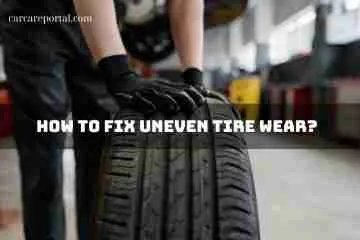
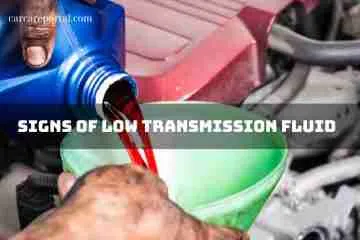
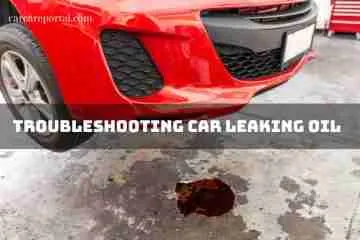
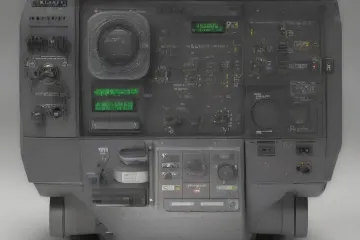
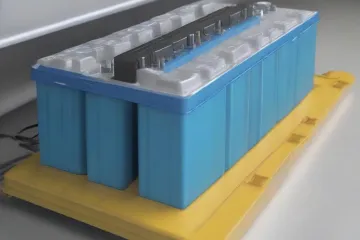

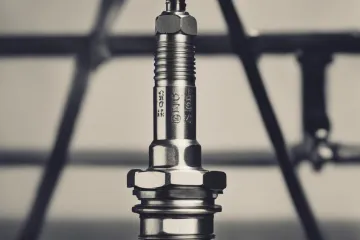
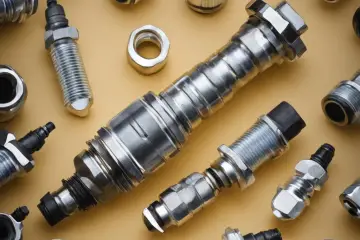
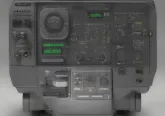
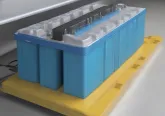
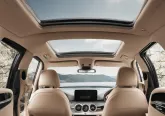


No Comment